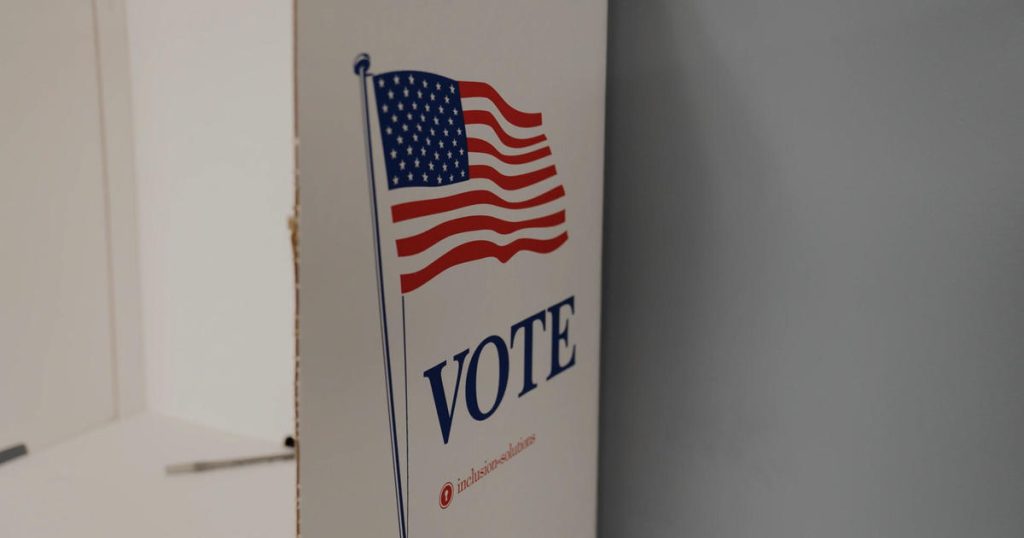Turnover among election officials is at its highest in at least two decades, with a CBS News investigation finding that more than a third of all top elections officials have quit or retired since the 2020 presidential election. This alarming trend has experts concerned about the inexperience of new supervisors and the potential for mistakes to occur as a result. The unprecedented level of turnover raises questions about the impact on the overall integrity of future elections and the ability of election offices to effectively manage the voting process.
The departure of experienced election officials has left many states struggling to fill key positions, with some offices experiencing a shortage of qualified candidates to take on important roles. This shortage of experienced personnel could have serious implications for the smooth operation of elections, particularly as the country continues to grapple with issues related to voting integrity and access. The loss of institutional knowledge and expertise in election administration could make it more challenging for officials to navigate the complex and rapidly changing landscape of election laws and procedures.
The high turnover rate among election officials reflects the intense scrutiny and pressure that these individuals face in the wake of the 2020 presidential election, which was marked by baseless claims of voter fraud and attempts to undermine the results. The politicization of election administration has only served to further strain the already challenging job of running fair and transparent elections. As a result, many experienced officials have chosen to leave their positions rather than continue to work under increasingly difficult and contentious circumstances.
The exodus of seasoned election officials has raised concerns about the ability of newly appointed supervisors to effectively manage and oversee the voting process. Inexperienced officials may be more likely to make mistakes or overlook important details, potentially compromising the accuracy and fairness of elections. Without the necessary expertise and support, new election supervisors may struggle to uphold the highest standards of integrity in their work, putting the credibility of election results at risk and eroding public trust in the electoral process.
The impact of turnover among election officials extends beyond just the immediate challenges of filling vacant positions and training new staff. The loss of experienced leaders in election administration represents a setback for efforts to strengthen and protect the integrity of the electoral system. As states grapple with contentious issues such as voter ID laws, mail-in voting procedures, and partisan gerrymandering, the need for knowledgeable and experienced officials to navigate these complex issues has never been greater. The departure of key personnel threatens to undermine the progress that has been made in recent years to improve the transparency and fairness of elections.
In order to address the crisis of turnover among election officials, states and localities must take proactive steps to recruit, train, and retain qualified professionals to manage the voting process. This may involve offering competitive salaries and benefits, providing opportunities for professional development and advancement, and creating a supportive and inclusive work environment that values the contributions of election officials. By investing in the recruitment and retention of experienced leaders in election administration, states can help ensure that future elections are conducted with integrity, fairness, and transparency, thereby safeguarding the democratic process for all voters.


